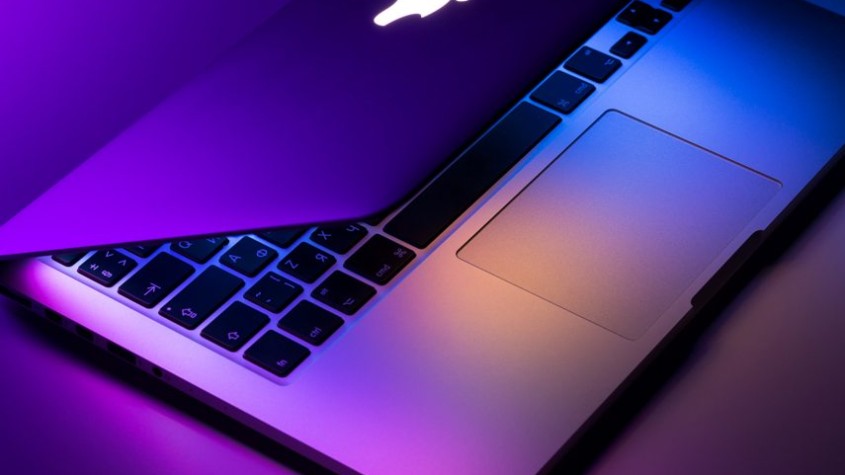Why is Apple able to charge so much compared to comparable PC makers?

Have you heard the common refrain that Apple products, specifically Apple computers (Macs), are overpriced? We won’t take a stance as to whether or not Macs are good computers or whether or not they are overpriced. We’ll just look at the question from an economist’s perspective and try to see if the question itself isn’t correctly formed.
Overpriced compared to what?
Usually, when people say that Macs are overpriced, they mean that they are overpriced to comparable PCs running Microsoft’s Windows operating system. Usually, people who make this comment point out that the same specs can be obtained on a Windows PC for less money. They also point out the fact that an entry-level Windows PC costs just a few hundred dollars (usually a laptop), but the cheapest Mac currently is the $500 Mac Mini, which doesn’t come with a display, mouse, or keyboard. To get a Mac laptop (a MacBook Air or MacBook Pro) at least $900 has to be spent, the cost of a higher-end Windows laptop.
From an economist’s perspective, the statement is correct in that more power can be had for less money in the Windows world. However, a wise economist would also point out that Macs are very different things than Windows PCs. They have a different operating system, build quality, customer support, and brand recognition. When someone purchases a Mac, they might be spending more money because they want one or all of these differentiators.
Potential Differentiator 1: Operating System (Mac OS X)
Although specs on a Mac cost more, many would argue that Mac OS X is a more efficient operating system that takes better advantage of Mac hardware because both the hardware and software are built by the same company.
Potential Differentiator 2: Build Quality
Macs are well-known to have a high build quality. It might just be that Apple customers like the look and feel of Macs and are willing to pay for it in the same way that the owner of a luxury vehicle is willing to pay extra for the look and feel of his or her car. The look and feel may not account for one hundred percent of the price difference, but it might account for some.
Potential Differentiator 3: Customer Support
Apple’s customer support, specifically their Genius Bar, is well-known to provide excellent customer service and support that doesn’t seem to have a rival on the Windows side. Attempts on the Windows side to provide something similar generally don’t turn out very well (eg. Best Buy’s Geek Squad). You can just bring in your Apple product to one of their many stores, and a knowledgeable associate will quickly help you. This may seem pointless to someone who is a computer expert. Why would someone pay more for a product so that if it breaks later, you can have someone look at it conveniently? However, it isn’t pointless for a less tech-savvy or very busy person who commands higher wages and is willing to pay more to save time and mental stress. A person making $500 per hour (obviously an exaggerated example) should be more than willing to pay extra for things that will save him or her time and preserve his or her energy. It’s just worth it for them.
Potential Differentiator 4: Brand Recognition
Finally, many people might purchase Apple products because of the Apple brand. In the same way that some people purchase a Mercedes Benz in part because of the brand and the prestige that is associated with it, a person might purchase a Mac because they want to be associated with the Apple brand. It might seem pointless to some, but in a wealthy society brand recognition, branding in general, and how you feel about what you purchase is very important. Everyone wants to feel good about what they buy and people are willing to pay for that feeling.
There might be more reasons as to why Apple products generally seem to cost more, but the above four generally explain why so many people are willing to pay more for products that are similar in many ways. The reason they are willing to pay more is because although they may be similar in terms of specs, they are different in other important and often intangible ways.
This same methodology can be applied to other products and even to other things in life. Things aren’t always black and white and things that seem similar can be different in important ways. Even if those differences are small, they might mean a lot to some people and those people might be ready and willing to pay a premium for things that are important to them.
Finally, it’s important to point out that any society in which people will pay more of their hard-earned money to buy a product because “they feel better about it” or because “it makes them feel better” or because “they like the brand” is a rich society compared with the rest of the world and humanity’s history. Only in a very rich society can these types of products exist, can this type of intangible product differentiation exist, and can many people afford to pay premiums for very intangible things.















